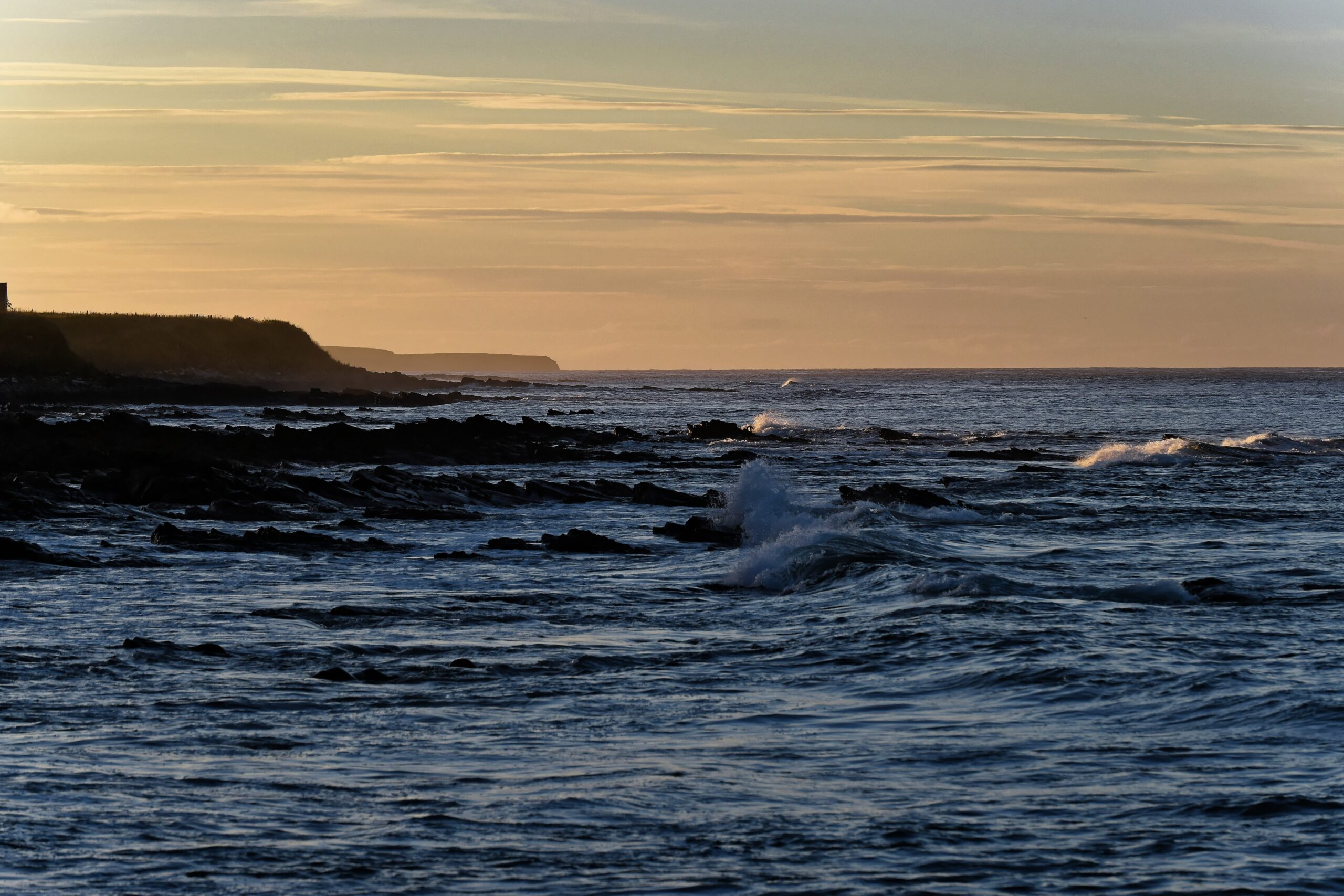Contract awarded by Border Force unit will provide officials with a ‘track as a service’ offering that enables monitoring of boats around the coast and in inland rivers and canals
The Home Office has awarded a multimillion-pound deal for installation of a network sensors to provide round-the-clock monitoring of the movements of small boats throughout the UK’s coastal and inland waters.
At the start of this month, the department entered into a 19-month contract for the delivery of a “mobile ISR (intelligence, surveillance and reconnaissance) capability” to support the work of the Joint Maritime Security Centre (JMSC), a Border Force-managed unit which describes itself as a the “government’s centre of excellence for maritime security”.
This capability is characterised as a packaged “tracks as a service” offering, including the gathering and provision information via sensor technology deployed across all the of the seas, oceans and waterways under the UK’s jurisdiction.
The deal, valued at £3m and awarded to Surrey-based firm Sirius Insight, will see the supplier tasked with installing technology that enables JMSC “to track 365 days per year, 24 hours per day small vessels operating within UK inland waterways, territorial waters and out-of-limits exclusive economic zone” – an area which encompasses the country’s overseas dependencies and territories.
Once the network of surveillance tech is up and running, Sirius will be expected to “collate data feed from sensors from each location” and provide this information to officials, according to newly published procurement documents.
Previously published commercial indicates that JMSC also uses satellite systems to track the movement of marine traffic and began supplementing this with on-the-ground sensor technology in 2021, to provide a more granular insight.
“Surveillance of the maritime domain for UK security requires a multi-layered approach,” said a supplier engagement notice published last year. “Satellite surveillance products provide longer range coverage but lack persistence, whereas terrestrial sensors such as RADAR provide persistence at shorter ranges. The UK does not have full coastal active surveillance capability and therefore is unable to detect a key target class, dark targets, throughout the UK marine Area.”
JMSC has previously awarded a £1.25m three-month deal for the installation of sensors by defence-specialised tech firm Intelligent Enterprise Products.
At more than double the value and six times the length of that contract, the latest commercial engagement appears to represent a significant ramping up of the use of remote sensors to provide marine surveillance.
Related content
- MoD begins work on IT system to register and track evacuees from crisis zones
- Home Office signs £23m software support deal for key immigration system database
- Government puts £11m into unit to disrupt online operators offering channel crossings
In response to PublicTechnology’s enquiries about how the tech deal will support the department’s work, a Home Office spokesperson said: “The Joint Maritime Security Centre is the UK’s centre of excellence for maritime security. It sponsors a number of technology programmes to increase the effectiveness of the surveillance of the UK maritime area, including the provision of sensors and other capabilities around our coast.”
JMSC is managed from the Home Office-based Border Force, but the unit brings together a range of resources from across government and the military. While the deal refers specifically to “small vessels”, PublicTechnology understands that the unit does not hold direct responsibility for government’s efforts to stop unauthorised channel crossings – although it does work closely with the Small Boats Operational Command, an entity which was created within the Border Force earlier this year to lead this work.
Financial funding for the unit is split between the Home Office and Department for Transport, with significant other resources provided by the Ministry of Defence. The Navy is represented in the organisation’s leadership, with support also coming from a wide range of partners, including the National Crime Agency and other counter-terror police operations, as well as other government agencies including HM Revenue and Customs, and the Foreign Commonwealth and Development Office.
The JMSC-awarded deal is the latest in growing list of examples of the use of tech to support the government’s much-publicised “stop the boats” commitment.
Home Office-based teams have previously awarded various six- and seven-figure contracts to deploy barcode-based technology to track boats and those who arrive on them – including thousands of “migrant tracker” wristbands acquired last year. DfT-based units also invested in GPS-powered “small boat trackers” in 2022.
X-ray checks
This week, the government also announced intended new secondary legislation under the banner of the Illegal Migration Act – which passed into law this summer. This includes new laws that will allow the use of X-rays in an “age assessment” process which the government claims will “effectively determine the age of illegal entrants making disputed claims to be children”.
Immigration minister Robert Jenrick added: “Implementing the measures within our landmark Illegal Migration Act marks a crucial step forwards in our fight against illegal migration. Scientific age assessments are also vital to weed out adults who exploit the system and present serious safeguarding risks. It is only right that the credibility of those who pose as unaccompanied children and refuse to be scientifically age assessed is questioned and held against them as part of the decision making process.”
The Illegal Migration Act is the government’s key piece of legislation to support its “stop the boats” policy. But the law has been subject to fierce criticism from various quarters, with legal professional body the Law Society advising its members that the law may not be “workable on its own terms” and could contradict human rights agreements.
“Breaching our international obligations undermines the rule of law,” said the society’s guidance page on the law. “The act will fundamentally reduce the oversight of our courts.”
The archbishop of Canterbury Justin Welby, meanwhile, has called the legislation “morally unacceptable and politically impractical” and, in his role as a member of the House of Lords, put forward amendments to the legislation.
Figures published earlier this year by The Refugee Council indicated that the majority of the people that arrived in the UK last year via small-boat channel crossings “will be recognised as refugees through the asylum process”. The charity’s analysis of government data found that, of the 45,746 people that arrived on small boats in 2022, about one in five – 8,700 – were children.




